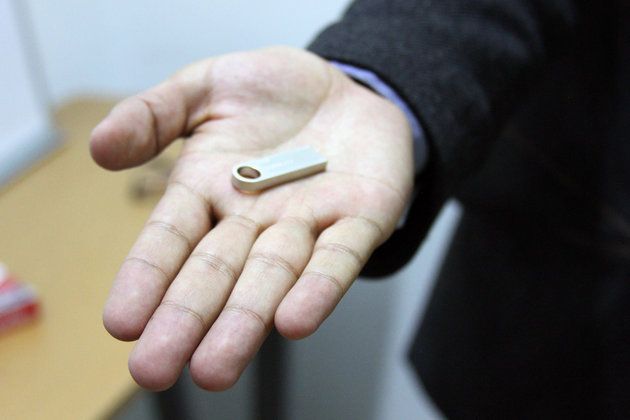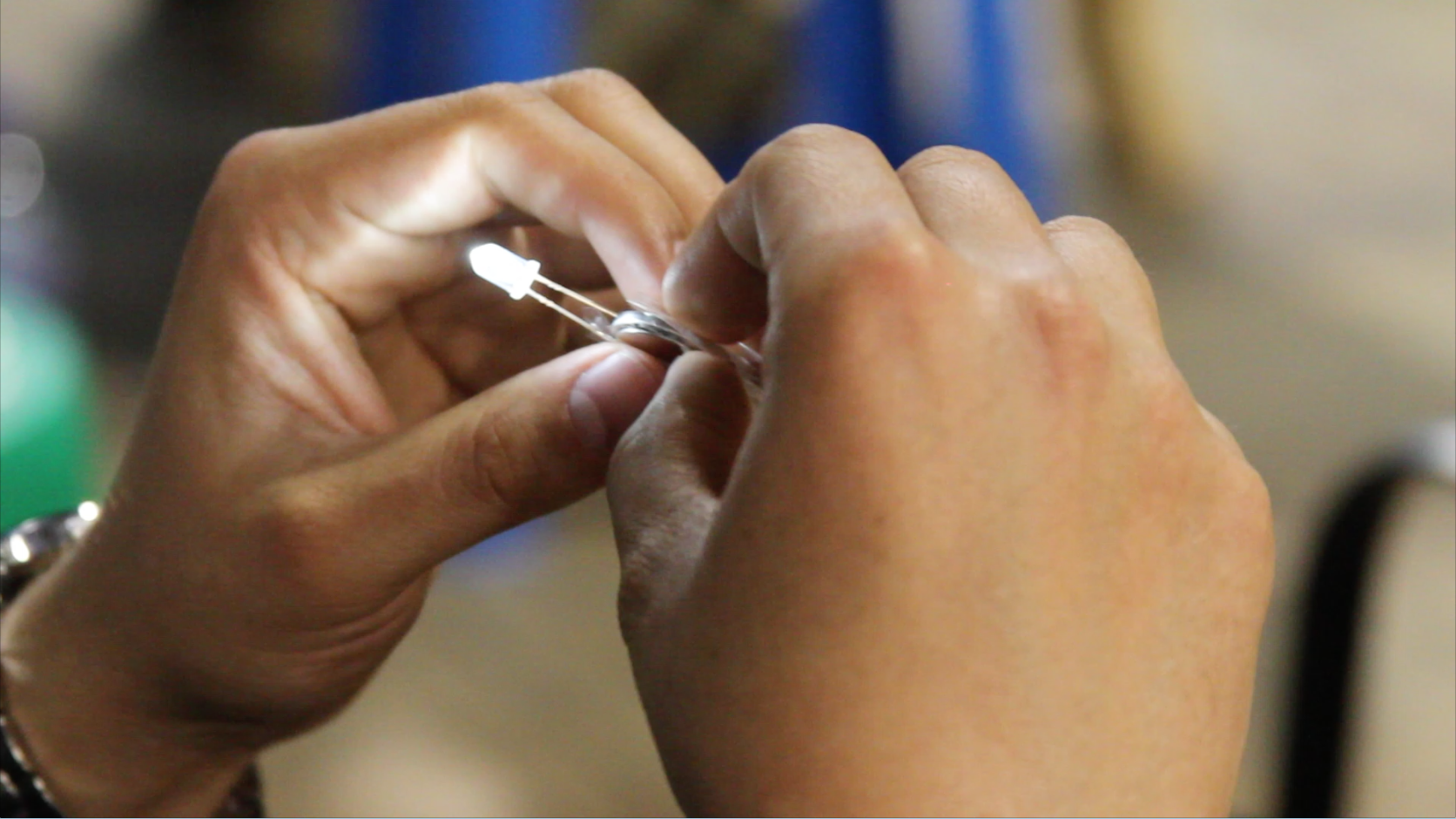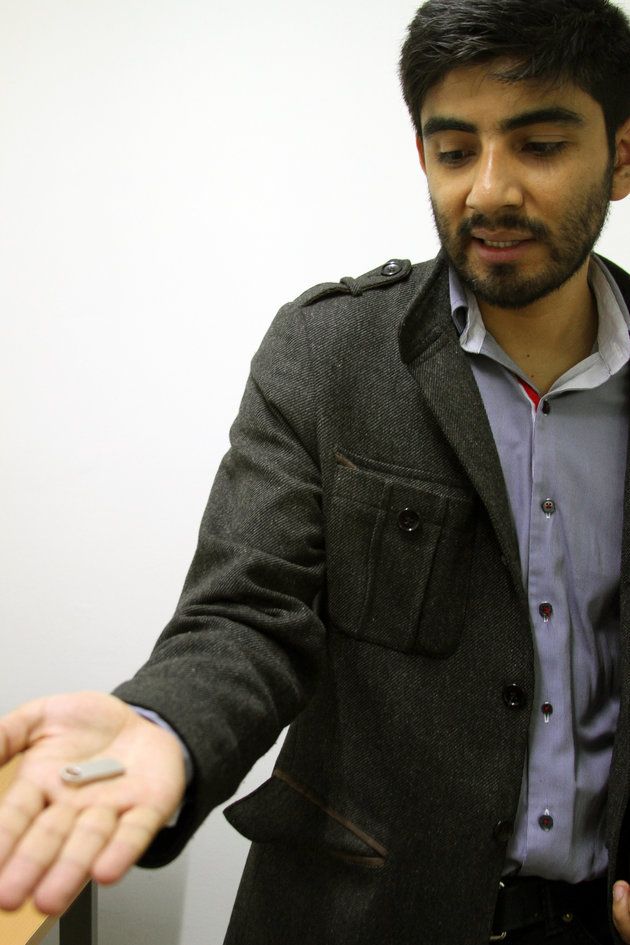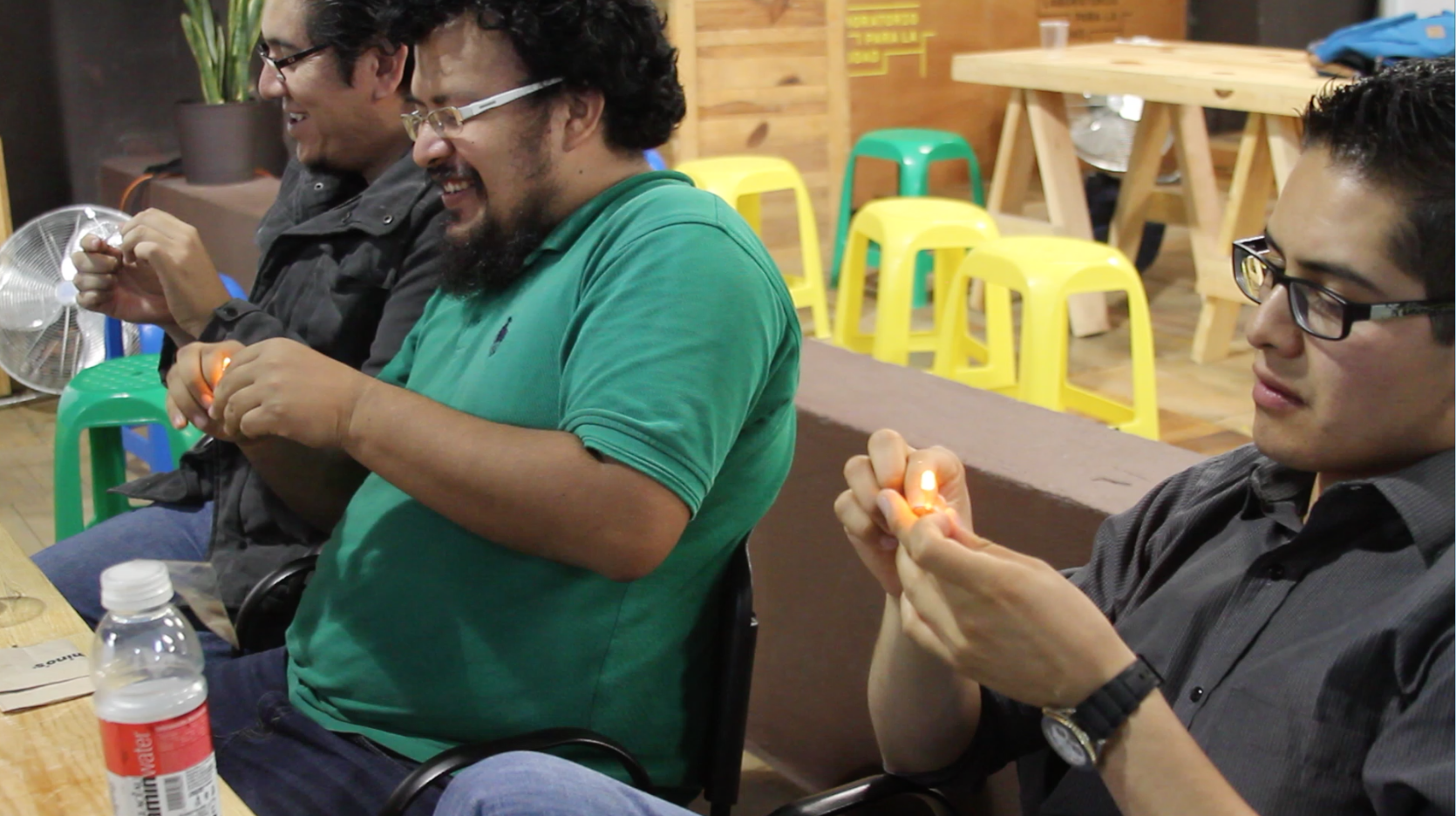A Spanish version of this story can be found here.
A new congress took office in Mexico this month after what proved to be among the country's most violent elections, with 21 people murdered, including campaign officials and bystanders.
Hopes of stemming the corruption at the highest levels of government were once again dashed last month when current president Enrique Peña Nieto and first lady Angelica Rivera were absolved of guilt for the purchase of a mansion through Grupo Higa, a company that had won millions of dollars in bids for government contracts under the current administration.
Carmen Aristegui, the well-known Mexican radio reporter and commentator, uncovered the corruption scandal referred to as Casa Blanca ('White House' in Spanish), and often cited as the Watergate of Mexico. The leaked documents that served as evidence that Peña Nieto’s government steered contracts to the Grupo Higa company can now be viewed on Méxicoleaks, a website set up earlier this year for anyone to whistleblow and anonymously reveal information. Since then the website has made headlines and is increasingly serving as an independent “watchdog” of government practices.
In March, Aristegui was fired by MVS News, the radio company she worked for while investigating the Casa Blanca scandal, because of her involvement in Méxicoleaks.
“Méxicoleaks was an excuse,” said Sebastian Barragán Hidalgo, 29, of the MVS News decision to terminate Aristegui’s position, her radio program and the investigative team. He believes she may have been fired because of government pressure on MVS's business interests.
Barragán, who was part of that MVS news team that was fired, now works for Aristegui News -- a 17-reporter team run by Aristegui and one of the eight organizations that receives leaks from citizens via Méxicoleaks. (The other participating organizations include PODER, Animal Politico, Emeequis, Aristegui Noticias, MásDe 131, Periodistas de a pie, Proceso, R3D).
All eight members of Méxicoleaks have access to the platform where they can anonymously read whistleblowers' data -- audio and video files, documents, or anything else. All leaks submitted by to the website are checked through both technical and journalistic verification processes based on multiple sources.
On a gray Mexico City afternoon in June, Barragán sat in a small room in the back of an unmarked office in a nondescript building that is home to Aristegui News. He works as the point person for receiving and prioritizing leaked information through the Méxicoleaks platform.
All kinds of leaks cross Barragán’s screen.
“Pictures of cats -- one person found on Instagram that a public official owned a jaguar and asked us to review whether the jaguar was in good condition and how the official got him. Some people find things on social media and sends tips. But if there are no documents attached to these allegations, there is no investigation,” Barragán said.
Most of the information received deals with issues of corruption, mismanagement or overspending of public funds, or unethical relationships or bribes involving officials and the private sector.
Barragán receives these leaks anywhere using his laptop and a small USB thumbdrive key. The information and the sender's identity are both anonymous and the task of checking out the veracity of the allegations is shared among the participating organizations. Barragán said that if the thumb-drive key is lost or stolen, all the information is encrypted or concealed by secret codes so that no names are attached to anything; a case file is represented by just a series of numbers.
While there is no exact translation of 'whistleblower' in Spanish, there is a great need for them in a country increasingly mired in corruption and impunity. According to Transparency International’s 2014 corruption index, Mexico scored 35 on a scale where 0 is highly corrupt and 100 very clean.
The most recent leak in May of this year, reported by Proceso, led to Peña Nieto admitting that the Mexican government had spent nearly a million pesos (around $60,000) on 37 hotel rooms in Brussels for a summit of the European Union and the Community of Latin American and Caribbean States.
For Benjamin Cokelet, the executive director of of the Project on Organizing, Development, Education, and Research (PODER), a five-year-old corporate accountability, transparency, and human rights NGO based in New York and Mexico, the project is less about “breaking a couple sexy stories” and more about creating “systematic support by the Mexican government of whistleblowers and recognizing their role in the democratic process.”
The idea to create Méxicoleaks came out of a conversation in June 2014 between Cokelet and Leon Willems at Free Press Unlimited, a foundation based in the Netherlands that supports media freedoms. Méxicoleaks was launched in March 2015 and now receives hundreds of leaks. The site heralds a new kind of watchdog journalism and culture where technologists, journalists and citizens are collaborating to create and demand transparency. It is part of a growing trend in Mexico of people using information and communication technologies to increase transparency and to denounce government corruption.
“It’s about everyday citizens denouncing everyday acts of corruption," said Raúl Benítez Manaut, a public policy scholar and researcher at the Universidad Nacional Autónoma de México. Manaut believes Méxicoleaks will become the central hub for Mexicans who want to share and verify information about the government and other public entities.
"It will be the network of networks in Mexico [over] the next year and that’s what makes the government tremble,” he said.
(Editor's Note on 10/12/15: This story has been updated to reflect the correct title for Benjamin Cokelet.)







